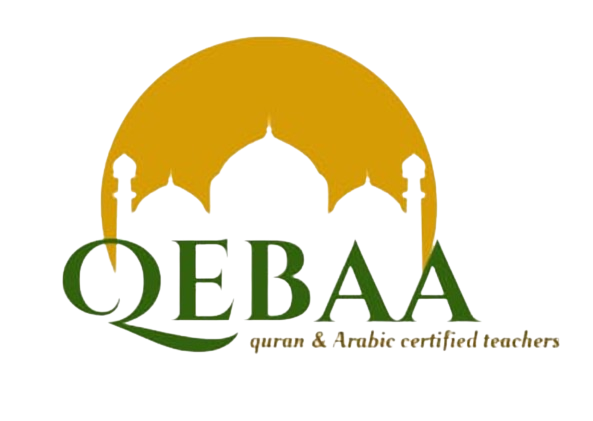The Legacy of Quranic Memorization Schools Past and Present
Origins of Quranic Memorization Schools
Early Development: Quranic memorization schools trace their origins back to the time of Prophet Muhammad (peace be upon him), who emphasized the importance of memorizing and reciting the Quran. The first Quranic memorization schools were informal gatherings where students learned directly from teachers who had memorized the Quran in its entirety.
Expansion and Formalization: As Islam spread and communities grew, the need for structured education in Quranic memorization became evident. This led to the establishment of formal Quranic schools, known as madrasas, which provided a structured curriculum for memorizing and studying the Quran.
Evolution of Quranic Memorization Schools
Golden Age of Islamic Learning: During the Islamic Golden Age, from the 8th to the 13th century, Quranic memorization schools flourished alongside centers of learning and scholarship. These institutions not only focused on memorization but also delved into Quranic interpretation, Islamic jurisprudence, and other branches of knowledge.
Modernization and Adaptation: In the modern era, Quranic memorization schools have adapted to changing educational trends and technologies. While traditional methods of memorization and recitation remain central, modern schools also incorporate digital tools, interactive learning platforms, and online resources to enhance the memorization process.
Significance of Quranic Memorization Schools
Cultural and Religious Preservation: Quranic memorization schools have played a crucial role in preserving Islamic culture, language, and religious practices. By ensuring the accurate transmission of the Quranic text from generation to generation, these schools contribute to the continuity of Islamic heritage.
Spiritual Development: The process of memorizing the Quran is seen as a deeply spiritual journey in Islam. Quranic memorization schools provide a nurturing environment where students not only memorize the text but also internalize its meanings, leading to spiritual growth and connection with Allah.
Community Building: Quranic memorization schools serve as community hubs, bringing together students, teachers, and families in a shared pursuit of Quranic knowledge. They foster a sense of belonging and camaraderie among Muslims committed to preserving and promoting Quranic teachings.
Challenges and Opportunities
Challenges: Quranic memorization schools face challenges such as funding constraints, curriculum modernization, and adapting to diverse learning needs. Additionally, misconceptions about madrasas in some contexts have led to stigmatization and scrutiny.
Opportunities: Despite challenges, Quranic memorization schools have opportunities to leverage technology for enhanced learning experiences, collaborate with academic institutions for curriculum development, and engage in outreach efforts to promote understanding and appreciation of their role in Islamic education.
Conclusion
The legacy of Quranic memorization schools is one of resilience, adaptation, and enduring commitment to Quranic learning. From their humble origins to their modern-day iterations, these schools continue to be vital pillars in the preservation and propagation of the Quranic message. By understanding their history, challenges, and opportunities, we can appreciate the profound impact of Quranic memorization schools on Muslim communities worldwide.


